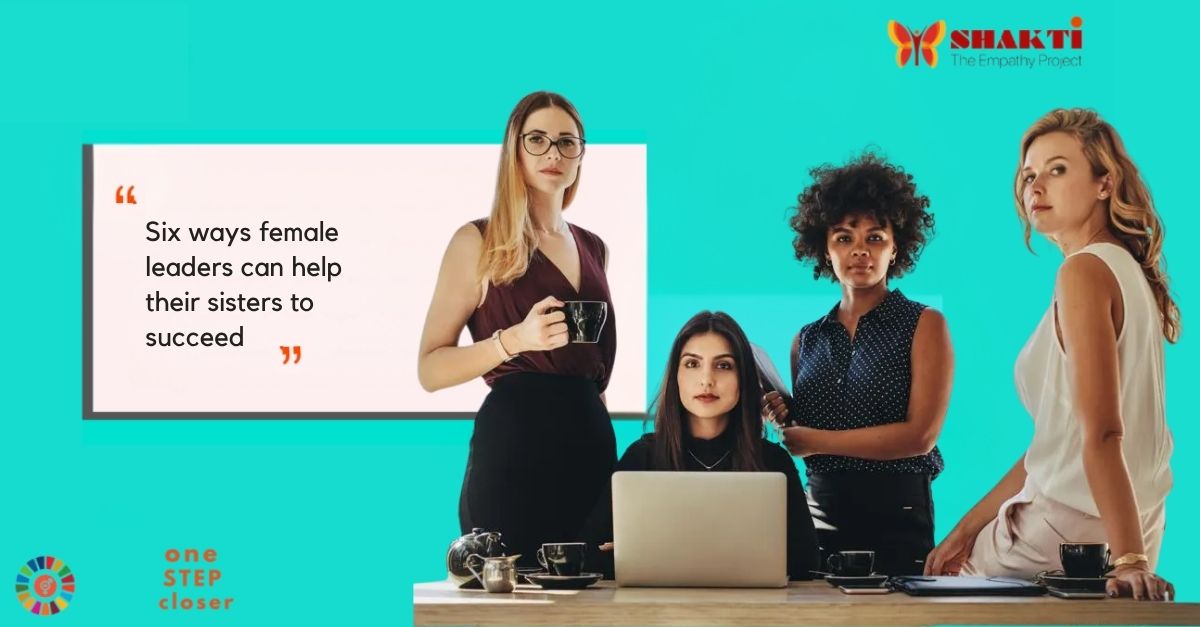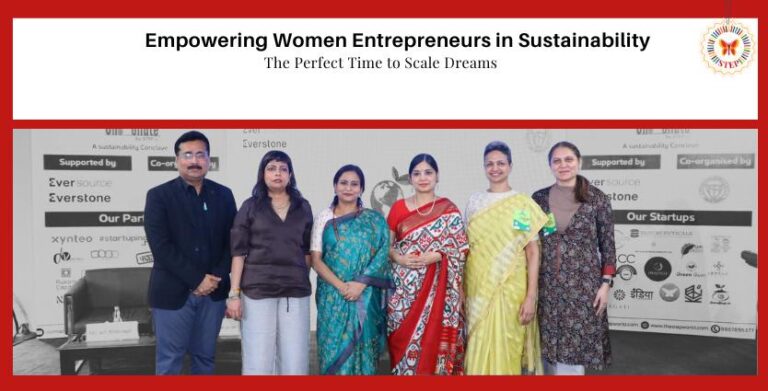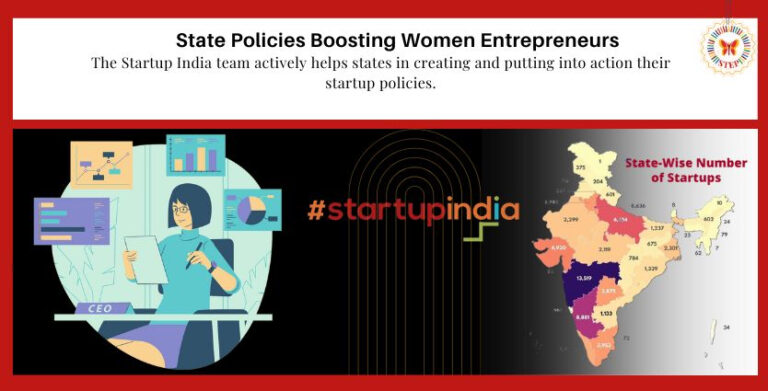Six ways female leaders can help their sisters to succeed
Ms Naina Batra, CEO of AVPN and Keynote Speaker at WINGS Challenge STEP spoke about the importance of women supporting each other.
She emphasized, “I urge everyone to share their challenges, highs, and lows and learn from each other. We are not competing with each other- create a sisterhood as you go along. This can help to narrow the gender gap.”
It is true that female leaders can ensure talented women in their team have access to development and progression opportunities by acting as role models, sponsors, mentors, and sounding boards.
Here is, six female leaders who shared their suggestions for setting their sisters on the path to success.
1. Keep the drawbridge down:
Yetunde Hofmannis the author of Beyond Engagementand founder ofSOLARIS, a pioneering leadership development program for Black women.
“Successful women should use their personal and professional network to benefit other women, and be a connector. Keep the drawbridge down, stand beside the woman at its base, walk back up with her to where you are, and cheer her on as she advances beyond you. Open doors for her. Then, sit back and enjoy the multiplier effect.”
2. Demonstrate compassion, courage, and wisdom:
Dr Joan van den Brink is an executive coach, management consultant, founder of Araba Consulting, and author of The Three Companions.
“Young female leaders often lack confidence and do not know how good they are. Senior female leaders need the courage to let them make mistakes, the compassion to be there alongside them during difficult times, and the wisdom to know that these women will grow the most if the seniors can see they have the answers and can hold their own”.
3. Show that it’s ok to say no:
Jessica Robinson is the author ofFinancial Feminism: A Woman’s Guide to Investing for a Sustainable Future
“Female leaders must accept their own limits and be clear about them to others. We need to support one another in making it acceptable to say no – whether it is for a new project, a new client, or a new role.”
4. Organize ‘brown bag’ sessions:
Frederique Murphy is a leadership mindset strategist, keynote speaker, and author of Lead Beyond The Edge: The Bold Path to Extraordinary Results
“Female leaders need to get together at ‘brown bag sessions’, where they can gain the most impact from all brains in the group. The structured sessions must include women connecting through introductions, captivating each other by sharing one unexpected thing about themselves, sharing wins and cheering each other, sharing their challenges, and helping each other find the answers.”
5. Embrace empathy:
Mimi Nicklin, the creative CEO at Freedm, is an empathy advocate and author of Softening the Edge.
“It is in our empathy for each other, as women, as working mothers, as leaders and familial caregivers, where we can truly find the space to grow together. Our mutual understanding is our superpower,”
6. Know that you don’t need to be “one of the boys” :
Marianna Zangrillo is an authority on leadership and strategy, co-author of The Next CEO: Board and CEO Perspectives for Successful CEO Succession.
“Many of us have learned that the only way to succeed is to play according to rules made for men, by men.
To achieve a change, we need to speak up, sit in the first row at crucial meetings, mutually support each other and emphasize the importance of collaborating rather than competing against each other to gain the respect and attention we deserve.”
About the Author:
Sally Percy is a business and finance journalist who writes about a wide range of topics from artificial intelligence, careers, and diversity to banking, treasury, and wealth management.
She has edited several business magazines and is currently editor of ‘Edge’, the official journal of the Institute of Leadership & Management in the UK.
Her first book, ‘Reach the Top in Finance: The Ambitious Accountant’s Guide to Career Success’ (Bloomsbury), was published in 2017. It features interviews with some of the world’s most successful CFOs and senior partners within large international accountancy firms.
She has a degree in modern history from the University of Oxford.
Link to the original article:



